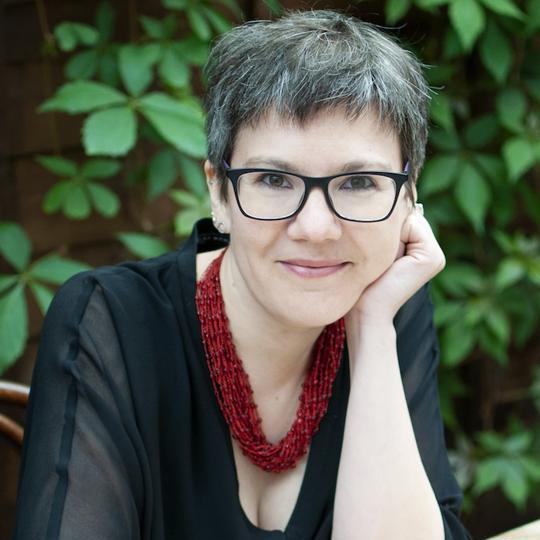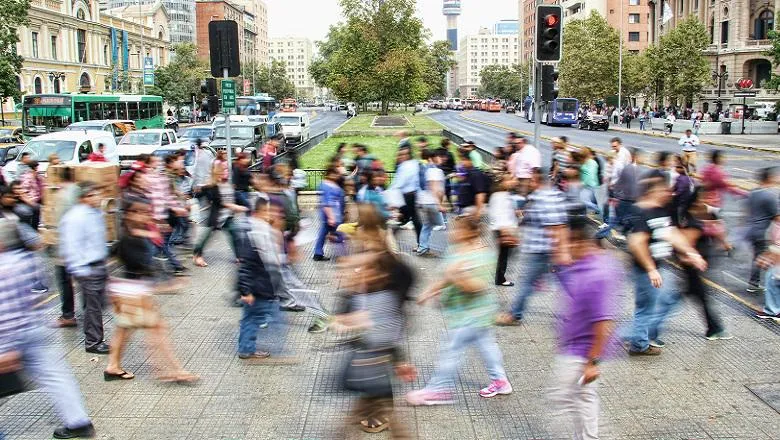The ESRC Centre for Society Mental Health showcased a range of research findings and insights at its conference on 1 October at the Science Gallery London.
Almost 200 people attended the ESRC Centre for Society Mental Health conference. which was packed full of research presentations and discussions around the impact of societal changes and crises on our mental health and the value of working with lived experience and community partners to bring about change.
The conference programme started with a session on navigating crisis and change which highlighted work done by the Centre during the pandemic, when research projects such as the Resilience, Ethnicity & AdolesCent Mental Health (REACH) study and Tackling Inequalities and Discrimination Experiences in health Services (TIDES) study pivoted their aims to capture how this huge social crisis affected mental health of young people and NHS staff during this time.
Research presented within this session also included large-scale data projects such as COVID-19 Ethnic Inequalities in Mental health and Multimorbidities (COVE-IMM) study and Social and Economic Predictors of the Severe Mental Disorders (SEP-MD) study that have shown the shocking impact of COVID-19 on those with severe mental illness alongside qualitative projects exploring the development of mutual aid within the community.
It was a privilege to be able to share our research from the past five years with such a diverse and engaged audience. It was a wonderful opportunity for critical engagement, for reflection, for further building collaborations and networks. This will contribute to shaping the direction of the Centre as we move from this first five years to the next three-to-five years, and beyond.
Professor Craig Morgan, Co-director, ESRC Centre for Society and Mental Health
There were sessions on how to capture the complex experiences of people living at the intersections of multiple social identities as a way to challenge systems of oppression such as racism and sexism. Mental health, work, and the welfare system was the topic of a session that explored the realities behind the rises in health-related inactivity and benefit claims and presented research from the Centre that is showing why the system does not respond to people’s varied challenges and is aiming to develop alternative models of welfare.
The Centre is a truly a special place bringing together people from different walks of life who are motivated to tackle systemic and social drivers of mental distress and ill health. Social justice is key as we all recognise that mental distress doesn’t affect people equally, but that young people, marginalised communities and those in the welfare system carry the brunt of the burden.
We are now looking to the future, excited to continue our important work with the aim to maximise our research impact, influence policy, and develop new research in priority areas with those most affected.
Professor Hanna Kienzler, Co-director, ESRC Centre for Society and Mental Health
Throughout the day the sessions covered research insights alongside sharing knowledge on how the Centre has involved people with lived experience, community groups, health services, and other partners throughout the research process. In the afternoon there was a session dedicated to this approach that brought together lived experience experts, academics and community partners, artists, and those with dual identities to discuss methods to effectively and thoughtfully bring lived experience perspectives and expertise into mental health research. The session featured several projects from the Centre’s Lived Experience Advisory Board.
From the outset, we have recognised the fundamental importance of fully integrating people with lived experience and affected communities in our research to ensure it is relevant, meaningful, and can influence change to promote positive mental health. It was wonderful to showcase how this approach has enhanced the work of the Centre.
Virginia Elgar, Manager, ESRC Centre for Society and Mental Health
In parallel, there was session on connecting and thriving and working with communities to help overcome health inequities. This included insights from research projects and groups such as CONtributions of Social NETworks to Community Thriving (CONNECT) study, the Perspectives on Religion and Spirituality in coping with Mental Health (PRiSM) study and the Refugee Mental Health and Place network.
Attendees also had the opportunity to explore and interact with artwork, games and music that have been produced as part of the Centre’s work in an exhibition that was open throughout the day.
The main conference finished with a session on improving public services to meet public mental health needs, followed by an evening panel discussion around the question ‘We know inequalities matter and have a huge impact on mental health, so why are we so bad at doing something about it?’.
The panel included ESRC Centre for Society and Mental Health researchers Cassie Lovelock and Karen Glaser who were joined by Andy Bell, Chief Executive of Centre for Mental Health; Kwajo Tweneboa, social housing campaigner and artist; Will Snell, Chief Executive of the Fairness Foundation; and Omari Hunte, Programme Officer from BIGKID Foundation. The panel was hosted by broadcaster, author and psychology lecturer Claudia Hammond.




